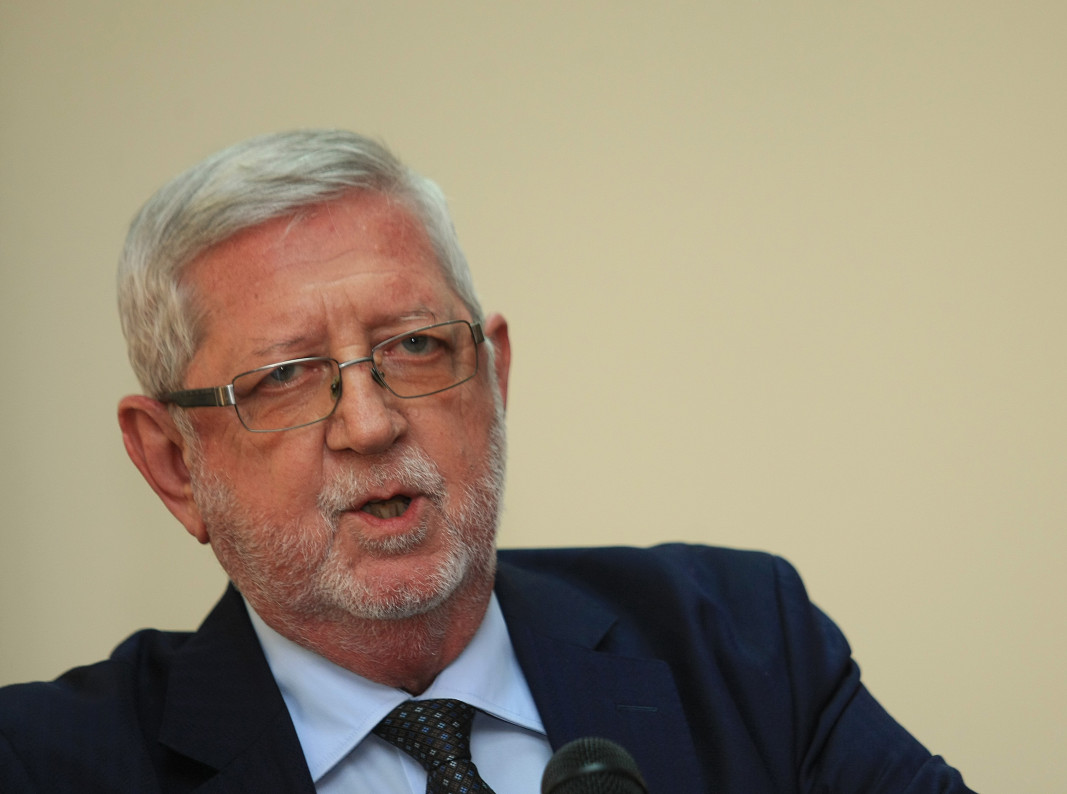At the backdrop of protests against and in support of the government, somehow the important topic of Bulgaria's accession to the ERM II mechanism and the banking union as a step towards its future entry into the eurozone remained in the background. Undoubtedly, this act is an achievement of Bulgaria on its way to developed European economies and is a result of the efforts of several Bulgarian governments.
When announcing the news, the European Central Bank (ECB) pointed out that the entry of the Bulgarian lev into the so-called "waiting room" was accompanied by the commitment of the Bulgarian authorities to maintain economic and financial stability by achieving sustainable convergence with the euro area economy. The ECB has set a base rate for the conversion of Bulgaria’s national currency into euros – 1.95583 BGN for 1 euro, maintaining the currency board in force since 1997.
Why were all Bulgarian efforts needed to enter ERM II?
It is well known that the ERM II currency mechanism, established on January 1, 1999, ensures that fluctuations in the exchange rate of the euro against other currencies of the Member States of the European Union do not undermine economic stability within the single market. Its task is also to help non-euro area countries prepare for their full participation in it.
With ERM II, the central exchange rate of a non-euro area country is fixed against the euro and fluctuations in this exchange rate can happen within strictly defined limits. For Bulgaria they are plus/minus 15%. If this country managed to comply with this requirement for at least two years, it could become a full part of the eurozone.
On the other hand, despite the debt crisis of 2008 and forecasts of a collapse of the EU and its currency, the euro continues to be the second global reserve currency after the US dollar. That is why enlarging the eurozone in Eastern Europe is seen as a means of stimulating investments and increasing prosperity, and in many cases as a final break up with the communist past.
"A new future and quality of life await us," Assoc. Prof. Grigoriy Vazov, a member of the Fiscal Council of Bulgaria and head of the Higher School of Insurance and Finance, told the Bulgarian National Radio commenting on Bulgaria's admission to the ERM II currency mechanism:

"Our perspective is in several main economic areas. First, we will have radically different price stability. Once we go through the requirements of ERM II, which could take between 3 and 4 years, we will have another year, during which the mechanism for the adoption of the euro will be technically adjusted. In this period we will have to show a high level of price stability, with an inflation rate of no more than 1.5%. The good thing for Bulgaria is that despite the effect of the Covid-19 pandemic, European forecasts show that in 2020 and 2021 we will have inflation of about 1%. And what I am talking about presupposes a new life, a new quality of management of the state, of the financial and banking system. The second important effect is the sustainability of public finances - the government deficit will not be able to exceed 3% of GDP and government debt - 60% of GDP. The third important element is the stability of the exchange rate, which is guaranteed by the currency board, operating in this country for years and which is why we are in a good starting position. And the most important thing is the guaranteed stability of the interest rate policy of the Bulgarian National Bank, especially with regard to the interest rates on long-term loans, which means business opportunities.”
English: Alexander Markov
Photos: ECB and BGNES
On January 27th, government securities for 150 million euros (300 million leva) will be offered on the domestic market , the Bulgarian National Bank (BNB) announced. The bonds will have a maturity of 7 years and an annual interest rate of 3.25%. On..
Bulgaria is making the necessary progress towards adopting the euro, according to representatives of the European institutions whom Finance Minister Temenuzhka Petkova met with. This progress will allow Bulgaria to request extraordinary convergence..
Financial and tax stability has been shaken in recent years so it is good that a government has been formed, said Vasil Velev, chairman of the Bulgarian Association of Industrial Capital, at a joint press conference of employers. "Romania was..
Bulgaria has favorable climatic conditions for producing electricity from the su n, even in the transitional seasons of spring and autumn. One of the..
In 2024, the average gross annual salary in Bulgaria is 27,881 BGN (EUR 14,255), according to preliminary data from the National Statistical Institute...
A Bulgarian-Greek Business Forum with the participation of nearly 60 companies from both countries has opened today in Sofia . The forum is organized by..

+359 2 9336 661
